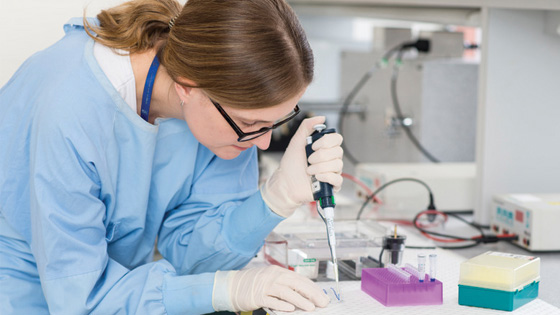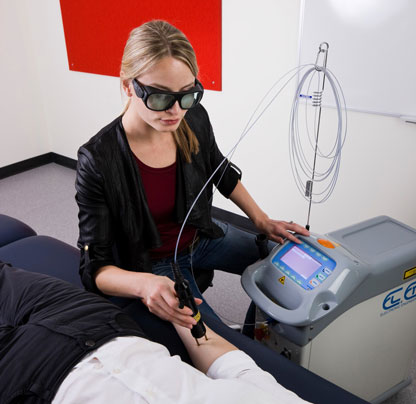
Professor Doug Brooks, leader of the Mechanisms in Cell Biology and Disease Research Group at the Sansom Institute at the University of South Australia.
The University of South Australia has teamed up with researchers at RMIT and universities from around the world to potentially unlock the door to better treatment of viral diseases including the flu and common cold.
The results of the research partnership including UniSA’s Professor Doug Brooks, scientists at RMIT University in Melbourne and Dublin University, have been published in the scientific and medical journal Nature Communications.
It is estimated that the flu virus sends an average of 13,500 people to hospital each year and causes more than 3,000 deaths among Australians aged over 50, according to official statistics. The global burden is also staggering with more than 5 million cases of infection annually with up to 10% resulting in death.
UniSA’s Professor Doug Brooks collaborated with RMIT's senior authors Dr Stavros Selemidis (ARC Future Fellow) and Dr Eunice To (first author), Professor John O'Leary from Trinity College (Dublin), Professor Christopher Porter from Monash University and other scientists and clinicians to investigate how viruses cause disease in humans.
The study discovered that an ancient cell biological process found in plants, fungi and mammals, enhances viral disease in mice and highly likely the disease in humans.
They identified a protein, called Nox2 oxidase that was activated by viruses, including influenza, the common cold, Dengue and HIV and this caused increased disease in mice. The study also investigated a new prototype drug to treat these debilitating viral diseases.
Dr Selemidis, head of the Oxidant and Inflammation Biology Group at RMIT University said: “Current treatment strategies are limited as they specifically target circulating viruses and have either unknown or very little effect against new viruses that enter the human population.
“The study identifies a protein of the immune system that contributes to the disease caused by flu viruses, irrespective of their strain.
“It also developed a novel drug delivery system to target this protein, which drastically alleviated the burden of viral disease in mice.
Prof Brooks said this was very significant as “The novel prototype drug led to rapid clearance of lung disease and provided evidence to warrant clinical trials in humans.”
Dr Selemidis praised all involved saying, “The strength of this work is the multidisciplinary approach taken and the degree of collaboration. It includes researchers and clinicians from eight universities across Australia, the United States and Ireland”.
“This work identifies a treatment strategy that has the potential to alleviate the symptoms caused by some of the most devastating viruses worldwide, including the flu,” Dr Eunice To said.
This research was funded nationally by the National Health and Medical Research Council of Australia and the Australian Research Council.

100% of your gift will go directly to support health research at UniSA - there are no administration fees, no overheads and no hidden costs.
Support our researchers continue their work in preventing illness, improving health systems and services, creating more effective therapies, and advancing health equality.
